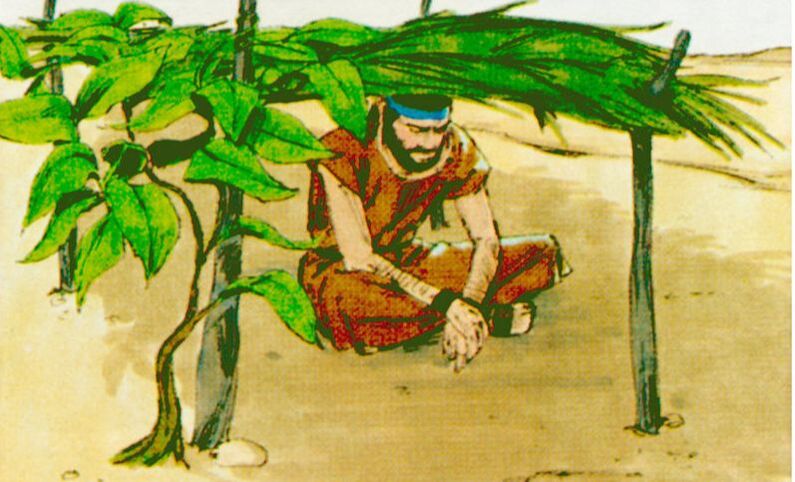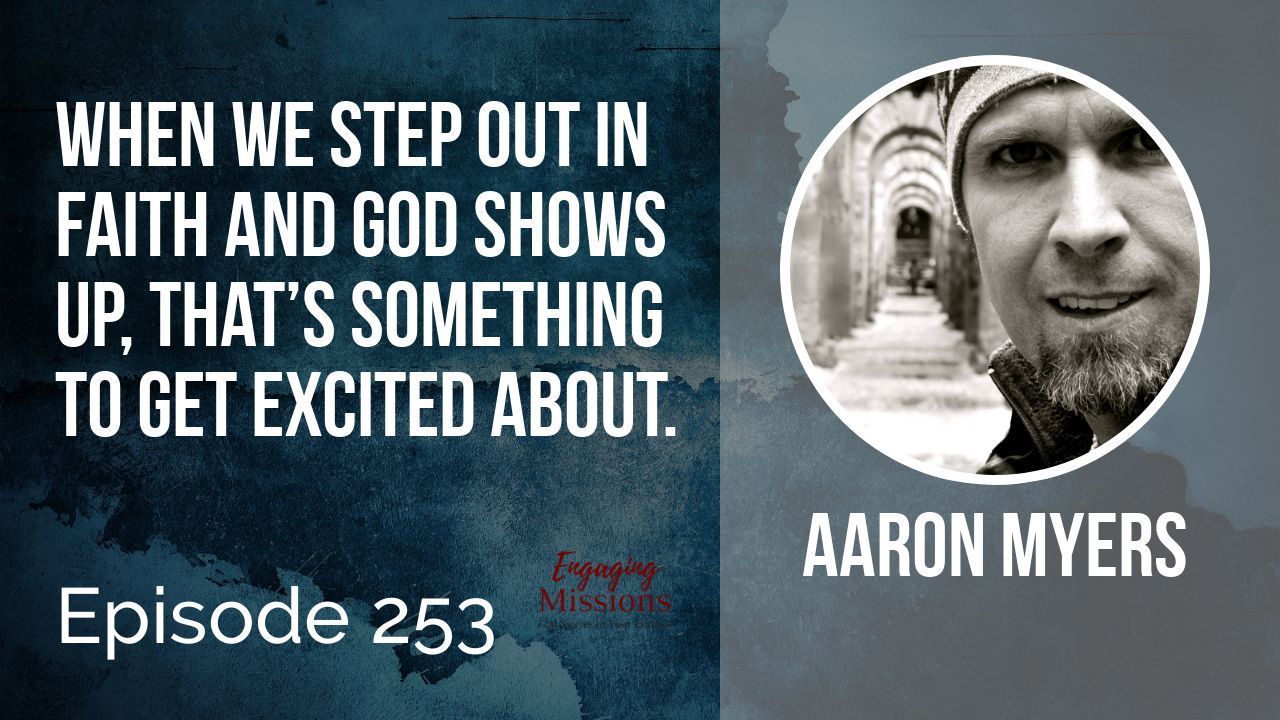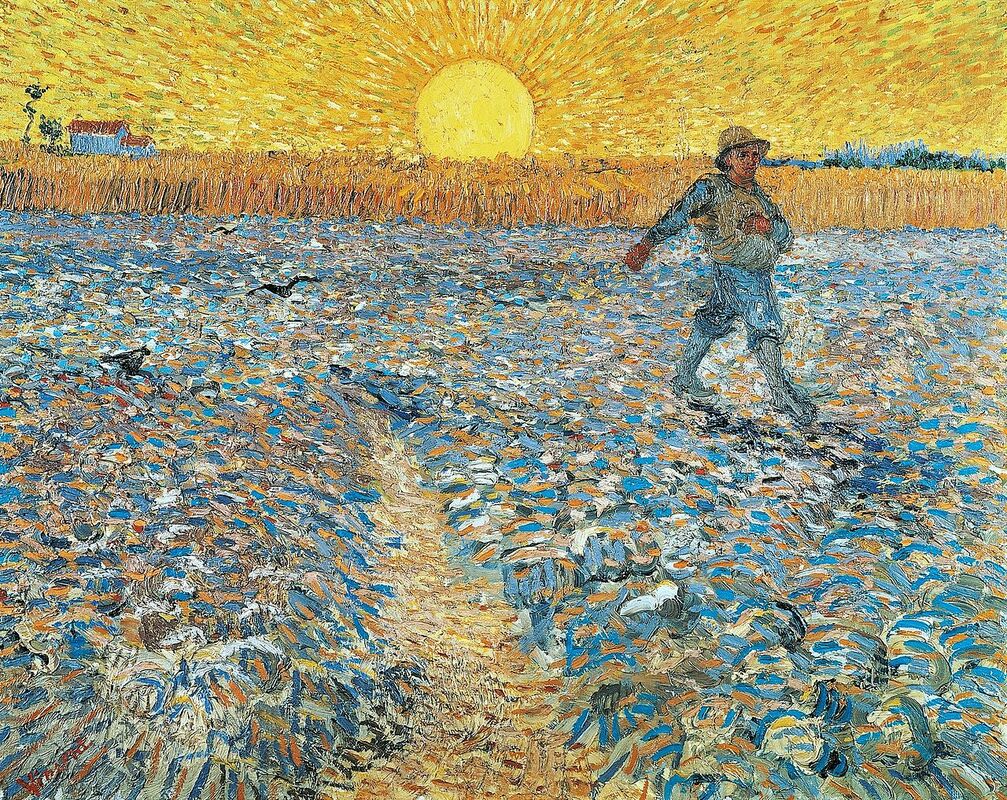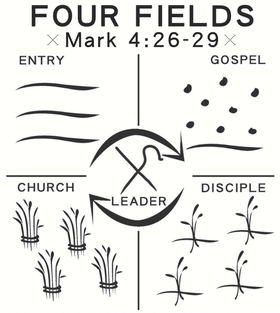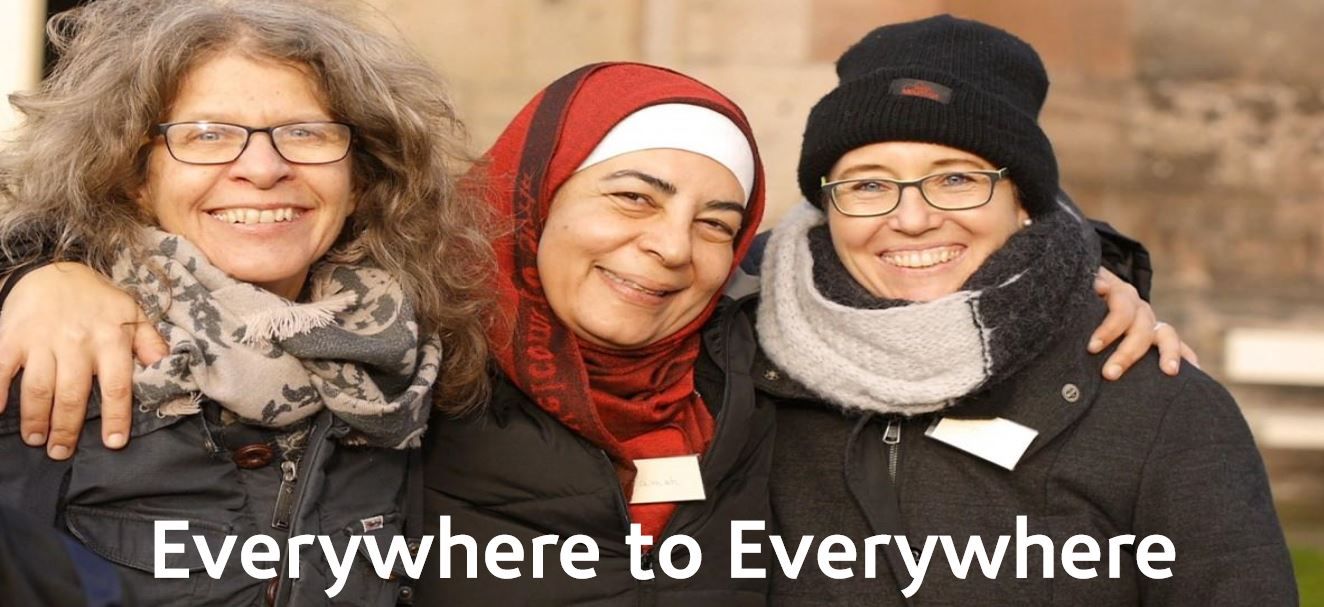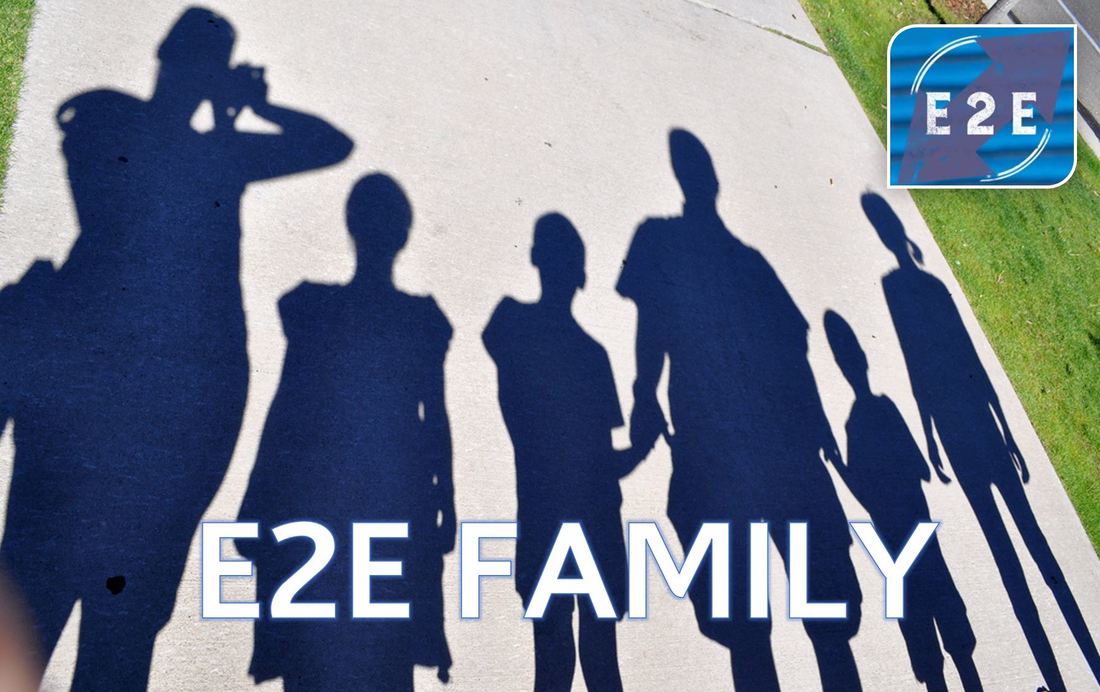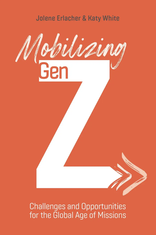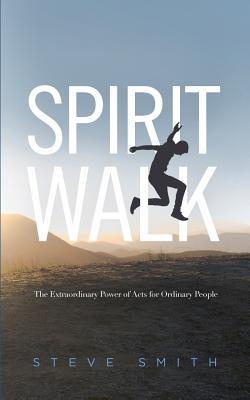|
One of the great challenges we face as Christians in an increasingly globalized world is understanding how to share the love of Jesus and the good news of the gospel cross culturally. As if language barriers were not enough, deep cultural differences in worldview, in customs, in values and history all have the potential to create barriers to good communication and open up wide avenues for miscommunication. Debbie DiGennaro, in her book Acclicmated to Africa: Cultural Competence for Westerners, shares a humorous story that highlights this challenge: There was once a certain British man who went with his company to Nigeria. He immediately noticed about Nigerians that the men did not step back to allow ladies to enter a room ahead of them. This bothered him very much. As a proper gentleman, whenever he approached a doorway at the same time as a Nigerian woman, he courteously motioned for her to pass through the door ahead of him. It is not hard to imagine why, in a country where for thousands of years families most likely lived in grass huts with snakes being an ever present issue, the custom of how to enter buildings developed differently than it did in England. It's also not hard to imagine the looks of confusion and even disdain this British gentleman must have received from Nigerian women as he emphatically ushered them into their potential death by snake bite. This cultural nugget of difference is multiplied thousands of times with every new cultural context we enter. Some issues are minor while others can lead to tremendous damage to relationships and potential opportunities to share the gospel. As disciples of Jesus it is important to first realize that those differences, both the deep and the shallow, will always be present when we move into cross cultural settings. We then must do the hard work of trying to understand these differences to see where God is already at work and how we can join him there. This is hard work. Just when we think we’ve figured something out we’ll run into nuances that will confound us once again. If cross cultural ministry is something that you are or will be a part of then it is vitally important to do some homework. Cross cultural ministry can happen in varying degrees wherever you are. Crossing the ocean to engage with people from a different religious background that speak another language is of course more complex than a midwesterner traveling to New York City, but both are cross cultural ministry. Regardless of the complexity and depth of difference between cultures, we can train ourselves to do better at recognizing both the differences and the opportunities they present. Part of that training could be reading books like Foreign to Familiar by Sarah Lanier or Global Humility by Andy McCullough. Context specific books like the one shared above can be a next step. There are also great trainings for missionaries preparing to move overseas at places like Mission Training International and the Center for Intercultural Training. Here at Everywhere to Everywhere though we are working to equip and empower the local church for local cross cultural ministry and so have created a fun and interactive one day training we call the Cross-Cultural Scavenger Hunt Training Module. This training can be done in any local city in about 5-6 hours. It includes discovery Bible study, interactive lecture and activities, lunch at an ethnic restaurant and a cross-cultural scavenger hunt that takes participants to three to four different immigrant-owned grocery stores. All of this is followed by a debrief while eating snacks purchased at the stores. This has been an amazing way to help local congregations move past fear and begin to get to know their new American neighbors - many of whom come from Muslim, Hindu, Buddhist or Animistic backgrounds. Many of whom have never had an opportunity to hear the gospel. The goal of the training is to bring awareness of the different cultures around us and then give participants a beginning framework for understanding the differences so that they can more effectively love well and share the gospel more confidently. If you would like to explore hosting your own Cross Cultural Scavenger Hunt Training Module you can find a fuller description of the event and all the necessary resources by clicking the button below. Did you find this post helpful? Share it with a friend.
0 Comments
At every E2E and gospel conversation training that we do, we always start with the Father's heart. If we can help the church dive into scripture to discover God's heart and desires for our world, we have a great place to begin training disciples who will make disciples. We've turned that beginning session into a worksheet so that groups of Christ followers can discover together the Father's Heart and we want to share that today. Gather a group of friends. Set aside an hour and work through this discovery study. And then begin to pray and dream into the final question. You can work through the study below or download the worksheet HERE. Assignment: Together with a group of friends, read each passage below and write a simple summary of what the passage reveals about God’s heart and desire for our world. Passages
Finally, work through these two questions together.
I've found the story of Jonah to be a helpful starting place for the North American church when it comes to exploring our attitudes and actions toward people from groups other than our own - Muslims, Buddhists, Hindus, Atheists or the LGBTQ community. Jonah is at best, the reluctant prophet. His reticence to go along with the mission of God to save the Ninevites becomes almost a distraction to the main message of Jonah's book: the heart of God to save. But God does save the Ninevites who repent and believe and turn from their wicked ways. Meanwhile, Jonah heads out to a hill beside the city in hopes that fire will still fall. It's there that the curious event with a shade plant growing and then dying occurs. Jonah had gone out and sat down at a place east of the city. There he made himself a shelter, sat in its shade and waited to see what would happen to the city. Then the Lord God provided a leafy plant and made it grow up over Jonah to give shade for his head to ease his discomfort, and Jonah was very happy about the plant. But at dawn the next day God provided a worm, which chewed the plant so that it withered. When the sun rose, God provided a scorching east wind, and the sun blazed on Jonah’s head so that he grew faint. He wanted to die, and said, “It would be better for me to die than to live.” Jonah was concerned about the plant and the comfort that it afforded him. The heart of God however was to save. The heart of Jonah was somewhere else, focused on something he thought he was loosing. Something he thought was important but that God didn't think was important. At least not as important as saving the Ninevites. This particular point in the story has had me thinking lately about the plants in my own life that I elevate above the mission and purposes of God -- the old wine skins that Jesus is inviting me to let go of in favor of new wine skins. Jonah is not a Bible character that we should emulate. His is not an example to follow. God seems to place the story of Jonah in the scriptures first and foremost to demonstrate His heart for the nations - even nations bent on evil. But there is an important opportunity in the story of Jonah to reflect on our own hearts. Discovery Take fifteen minutes to read or listen to the story of Jonah and then answer the following questions:
Feel free to interact with these questions and the E2E community in the comments below. The Gospel of Mark is an action packed biography of the life of Jesus. The very first chapter begins with John the Baptist preparing the way, Jesus getting baptised and then heading into the wilderness for forty days of fasting and temptation from Satan. By verse fifteen Mark jumps straight into ministry as Jesus comes into the region of Galilee announcing, “The time is fulfilled, and the kingdom of God is at hand; repent and believe in the gospel.” Jesus calls the twelve to follow him at the sea and then heads into the town of Capernaum where he preaches in the synagogue, heals a man with an unclean spirit and later heals Peter’s mother-in-law. Verse 28 tells us that “immediately his fame spread everywhere throughout the surrounding region of Galilee.” Before the day is out, people are lined up at Peter’s door wanting to see Jesus, to be healed and to be set free from demons. I imagine this went on late into the night. Not a bad first day of ministry. Exhausting let’s assume, but good. If we were to stop the story there and pretend we didn’t know what Jesus did next, how would we finish the story? I think I would probably sleep in the next morning. It was a long, hard day of ministry and I’d need to be good and rested up. Once I did get up, I’d probably start looking for a big hall to rent knowing that the crowds are back. I’d maybe print up some flyers to let everyone know when and where we’d be meeting again and I’d encourage everyone to invite all of their friends. But of course this isn’t the path of Jesus. He rises very early in the morning to head out and spend some time in prayer with the Father (verse 35). When his disciples find him, all excited about the crowds that are already forming (verse 37), Jesus’ response must have seemed just a bit counter-intuitive. “Let us go on to the next towns, that I may preach there also, for that is why I came out (verse 38).” And that is exactly what Jesus did. “He went throughout all Galilee, preaching in their synagogues and casting out demons (verse 39).” From the very beginning of his ministry, Jesus defaults toward going. We see this over and over again in the ministry and teachings of Jesus. Here are a few examples from the book of Mark:
Jesus prepares the disciples to go and expects them to go (Acts 1:8). It is his prayer that as he has been sent into the world, he will send his disciples into the world as well (John 17:18). And the commission given to his disciples in Matthew 28, “to go and make disciples of all nations, baptising them in the name of the Father and the Son and the Holy Spirit and teaching them to obey everything he had commanded”, is the strategy of Jesus. Making disciples who make disciples is His plan A. Jesus promised he would build his church. We are to go and make disciples. We are to be church. To do that, we must gather. It is the example that the first church gives us (Acts 2:42-47; Acts 4:32-37) and is clearly taught in scripture (Matthew 18:20; Hebrews 10:25; Colossians 3:16; Ephesians 4:11-13). But the purpose of church is not to gather. The purpose is to gather so that we can scatter, so that we can go and make disciples, proclaiming the good news of Jesus Christ and make him famous all over the earth. Jesus’ invitation to us is to follow him. And Jesus is on the move. So let’s go. When I first connected with Musa* online, I was the first follower of Jesus he had ever met. I initiated the first conversation about Jesus that he had ever had. I helped him read the first chapter of the Bible that he had ever read. And I am probably the first true follower of Jesus who has ever committed to praying for his salvation. Musa lives at the widest end of the gap. By now it should be obvious that all Christians are born again into the Gap between God’s world-wide purpose and the fulfillment of it. But there’s more than one kind of response to that Gap. Some are asleep, some are on retreat, and some are determined to stand in the Gap particularly at its widest end where billions await the opportunity to hear of Christ for the first time. David Bryant’s book Into the Gap introduces two ideas: the world Christian and the gap. With today’s article I want to explore the latter. Every person in the world stands in the same sized gap between their brokenness and their salvation. Jesus Christ is the only way to be saved and that remains the same whether we we are the son of a preacher in Colorado Springs or of an imam in Islamabad. The distance between death and life, between darkness and light is the cross of Christ. But there is another gap that Bryant explores; the gap in our ability to hear the good news of the cross of Christ. In my small Midwestern city, there is never a time when a person is more than a quarter mile from a true follower of Jesus. There is never a place that is more than a mile or two from the nearest church. Twenty four hours a day Christian radio programming runs on multiple stations. A drive down any main boulevard passes multiple billboards advertising churches or Christian schools. The gospel is accessible. The gap is quite narrow. But travel into the 10/40 window and the picture changes. The 10/40 window is the area of the earth between latitudes ten and forty degrees north of the equator. It is home to the majority of the world’s Muslims, Hindus, Buddhists, Animists and Unreligious (China) peoples. It is home to the majority of the world's nearly 7,000 unreached people groups - nearly 3 billion people - who have never heard the gospel. A person living in the 10/40 window would be hard pressed to find a church within 100 miles of their home. They would most likely live their entire life without ever encountering a follower of Jesus. They may never hear a Christian radio broadcast or pick up a Bible. The distance between a person who does not know Jesus and the opportunity to hear about Jesus is enormous. This is the widest end of the gap. At Everywhere to Everywhere, our heart is to accelerate movement toward the widest end of the gap. We work to equip and encourage everyone everywhere to proclaim the gospel and make disciples among the unreached locally, nationally and globally. In the past, the only answer to the wide end of the gap was to send missionaries into it. That is still an answer and the body of Christ throughout the world must send more. 3 billion lost in darkness demands it. But the context of that gap has changed. Technology has opened up new opportunities to connect with people there. Globalization and world crisis have brought millions out of the 10/40 window and into gospel saturated countries. We live in a new day of world missions and because of that we must be equipped to respond to new opportunities. I have seen, at different times, the smoke of a thousand villages - villages whose people are without Christ, without God, and without hope in the world. The smoke of a thousand villages is drifting in through your window. You only need follow it and you will find yourself in conversation with someone like my friend Musa, someone who has never known a follower of Jesus and never heard the gospel. Someone whom you can befriend. Someone with whom you can begin to share the good news of Jesus and to pray for. Your journey into the widest end of the gap has never been closer. Will you go? Helpful Resources
Help E2E and share this article with your friends. *For security reasons, names have been changed.
I had the privilege of being interviewed on the Engaging Missions Podcast hosted by Bryan Entzminger a while back and today it was posted to the web.
I encourage you to stop by the Engaging Missions podcast and have a listen and while you are there, make sure and subscribe to his podcast. He has some amazing interviews with some pretty amazing people. Check out the interview here: And be sure and check out a few of my favorite interviews from the past:
He also said, “This is what the kingdom of God is like. A man scatters seed on the ground. Night and day, whether he sleeps or gets up, the seed sprouts and grows, though he does not know how. All by itself the soil produces grain—first the stalk, then the head, then the full kernel in the head. As soon as the grain is ripe, he puts the sickle to it, because the harvest has come.” Throughout the gospels, Jesus presents principles for ministry through parables. These principles are then modeled by Jesus and applied in his assignments for the disciples. This particular parable includes a number of important principles for discipleship and has been an influential part of shaping the Everywhere to Everywhere training weekend event. Nathan and Kari Shank, long term workers and movement catalysts in India, have unpacked the parable of the growing seed in their training manual Four Fields of Kingdom Growth. [Download the manual for free HERE] The Five Parts of the Four Fields In Four Fields of Kingdom Growth, Shank points out that in the parable of the growing seed there are four contexts or fields. There is also a fifth element that is important in every movement of God. He offers a key question for each that focus both our kingdom work strategy and our training of new believers.
Field #4 - The Harvested Field - Eventually a season of harvest comes and the farmer is there to cut and bundle the harvest. Key Question: How do I form a new believers into groups or churches? Leader Multiplication - Generational Multiplication Potential - Out of the harvest comes both fruit for this year and seed for the coming growing season. Key Question: How do I develop and multiply a movement leaders who are raising up leaders? Jesus says that this is what the kingdom of God is like. It seems then that the parable of the growing seed could be a helpful framework around which to build a life of discipleship and ministry. It is the framework that has shaped much of the training we do at Everywhere to Everywhere events across the Midwest. And within it are principles that have been observed in every movement of kingdom expansion throughout history. Every disciple of Jesus should be trained and able to identify and understand how to enter the fields of lostness in their context, whether that be a Muslim village in Central Asia or their suburban neighborhood in Denver or Wichita. Every disciple of Jesus should be trained and able to proclaim the good news of the gospel with anyone, anywhere and anytime. Every disciple of Jesus should be trained and able to disciple new believers into a mature, healthy and growing relationship with Jesus and into the lifestyle of disciple making. And every disciple of Jesus should be trained and able to gather believers together as the body of Christ. The final element, leadership multiplication, is an important part of healthy discipleship and kingdom growth. The Apostle Paul always had two to three disciples with him who he was training up and releasing into ministry. Without the multiplication of leadership, the making of disciples will always come to a bottleneck. But as young disciples take what they have learned and pass it on to other disciples who will pass it on to others (2 Timothy 2:2), the kingdom will expand, our churches will grow and great commission discipleship will be a reality. This is exactly what we see in this parable, in the workings of Jesus and in the unfolding story of the the growth of the early church in the book of Acts. This is what we see in the the great movements of kingdom expansion throughout history. And this is what we see happening in the kingdom movements spreading across countries all around the world today. The Kingdom parables serve as a framework for understanding Jesus’ kingdom agenda across the gospel accounts. Jesus’ kingdom agenda serves as a working job description for both his disciples and our lives and ministries.” The four fields framework also creates a helpful rubric against which we can assess our own discipleship journey. It is a bit of a diagnostic tool which can help us see the places where we need more discipleship and training so that we can become the kind of kingdom agents that Jesus has called us to be. Just as he was sent, he is sending us into a lost and broken world to be his ambassadors (2 Cor. 5:20) and witnesses (Acts 1:8). Your Assignment Work through the following questions to help you understand where you might need additional training in order to step into your role as an ambassador and witness.
If you answered “no” to any of these questions or just felt unsure of whether you understand what or how to step into these kingdom assignments, find your pastor or a trusted mentor and ask them to help you get equipped. Check out the great training opportunities at the No Place Left website. However you respond, do something! Amidst this need to learn to do the work of the kingdom, we must remember that applying the principles of this parable to the ministry of making disciples and planting churches demands dependency on the Holy Spirit. It is the work of the Holy Spirit - the unknown doer in the parable - that causes the seed to sprout and to grow. As Christ’s disciples, there is a path laid out in the parable for how we can join in the work of the Spirit, but it is the Spirit that brings the growth. This was the understanding of Paul, who in 1 Corinthians 3:6 says, “I planted, Apollos watered but it was God who made it grow.” There are things that Paul and Apollos need to do and to train others to do, but spiritual fruit is always because of the power of God. My hope is that this parable will help you discover some of the places where you need more training or encouragement to become those who go and make disciples. Did you find this article helpful? Share it with a friend. We are excited to announce that we have three Everywhere to Everywhere (E2E) training events scheduled for this spring! This three day training event will prepare you to make disciples who make disciples among the unreached. You can learn more about the event by reading the program description and looking at a sample schedule a the Program Page. You can find all your registration, training dates and pricing information at the Trainings Page. I've been a Christian all of my life and this is the most practical training about sharing my faith that I have ever received! E2E Training Location and Dates: Wichita, Kansas - March 9 - 11 (register here) Sioux Falls, South Dakota - April 26-28 (register here) Sioux Falls, South Dakota [E2E Family Training] - May 31 - June 2 (learn more) Help Spread the Word
Will you help us spread the word about these great training opportunities. Please take a moment to share this post on your favorite social media platform. Feel free to print off a few of these flyers to hang up at your local church. [E2E Flyer] Thanks so much! I have heard the sentiment from a number of different people over the last few years - usually from moms.
Aren't there any missions experiences or training events that we can do as a family? Too often, in order to get trained or to go out on a mission trip, we have to find someone to watch the kids and yet we want desperately to model for our kids what it means to live on mission. Not easy to do when we are forced to leave the kids at home. Everywhere to Everywhere has always been an event that is open to families coming and we've worked to create an experiential weekend of learning and training that older kids can enter into along with mom and dad. Our regular E2E training weekends are good for high schoolers and mature junior high students who come with a parent. The learning is often discovery based and interactive and much of the weekend is experienced outside of the training room at the local mosque, ethnic restaurants and in neighborhoods. But it still hasn't been conducive to a family with elementary aged children. And so in May we will have our very first E2E Family Weekend. The idea is to create a weekend of learning and ministry that the whole family can come to together. It will be for school aged kids and above. We still aren't ready for babies and toddlers but are working to create a great weekend that the whole family can enter into together. We will continue to working on the details and adjustments that need to be made and even today I came across another challenge that we need to consider: early bedtimes! Our family is working together to create a weekend that your family can enter into together. But we'd love your feedback as well. Stop by and read through the program description page and then share your ideas in the comments for adaptations and adjustments that would help create a family friendly E2E weekend. The dates for the first E2E Family will be May 31 - June 2 in Sioux Falls, South Dakota.
Dyann was baptized just 5 years ago. She knew she was committed, but wasn’t sure what to do next. She decided to read through the Bible. On doing so she naturally evaluated her life against what she was learning about God and His people.
Coincidentally, her church was gearing up for an extended mission conference where there were many missionary guests. She was deeply moved by the whole-life surrender of the individuals and families she was meeting. She decided to take the Perspectives on the World Christian Movement course and had her entire world opened up before her. What she learned is that her role was to reach her neighbors, whoever they may be, with the good news of the Gospel. “It really is my job to get to share this.” Perhaps the most precious thing about her testimony is her heart that is obviously broken for the lost who do not know the love of God. Dyann has already received training to share her faith and has begun training others to do the same even as she shares her own faith regularly. She has also served cross-culturally in Argentina, Lebanon and next up, Mexico.
Do you want to see this kind of transformation in your life?
We'd love to help you. Join us for our next Everywhere to Everywhere training event. Learn about Perspectives The Rock Community Church |
The E2E Community
Categories
All
Good Books
Archives
April 2024
|
Proudly powered by Weebly



